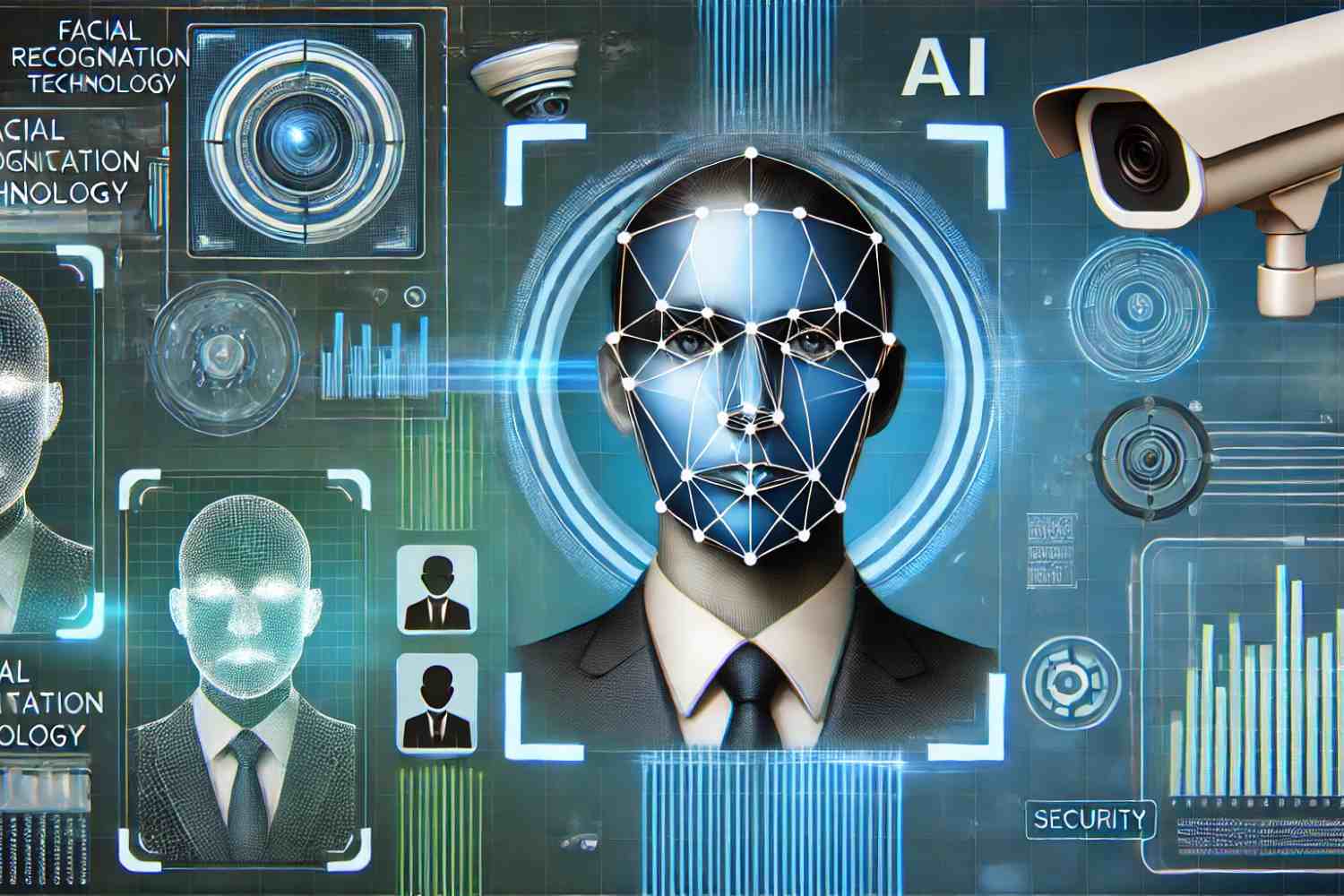Introduction
As face recognition technology becomes increasingly integrated into security, banking, healthcare, and consumer applications, concerns about privacy, data protection, and ethical use are rising. Governments worldwide are implementing privacy laws and regulations to ensure the responsible use of biometric data.
In this blog, we will explore the key privacy laws and regulations governing face recognition technology and how businesses can stay compliant while leveraging this advanced technology.
1. Why Face Recognition Privacy Matters
Face recognition technology collects and processes biometric data, making it highly sensitive. Privacy concerns include:
- Unauthorized Surveillance: Governments and private entities may misuse face recognition for mass surveillance without consent.
- Data Breaches: Stolen biometric data cannot be changed like passwords, making breaches a significant security risk.
- Bias & Discrimination: Some algorithms show bias in recognizing different demographics, raising fairness concerns.
- Consent & Transparency: Users may not be aware of how their facial data is stored and used.
2. Global Privacy Laws Governing Face Recognition
Several countries and regions have enacted laws to regulate the use of face recognition technology.
A. General Data Protection Regulation (GDPR) – Europe
The GDPR is one of the most comprehensive data protection laws, affecting businesses operating in Europe.
- Explicit Consent Required: Organizations must obtain clear user consent before collecting facial biometric data.
- Right to Access & Deletion: Users have the right to access their data and request its deletion.
- Strict Data Security Measures: Businesses must implement security protocols to protect biometric data from breaches.
- Heavy Penalties for Violations: Non-compliance can result in fines of up to €20 million or 4% of annual revenue.
B. California Consumer Privacy Act (CCPA) – USA
The CCPA governs the collection and sale of personal data, including face recognition data, for California residents.
- Opt-Out Rights: Users can opt out of having their biometric data sold to third parties.
- Disclosure Requirements: Businesses must disclose what biometric data they collect and how it is used.
- Legal Action for Breaches: Consumers can sue companies for negligent handling of biometric data.
C. Biometric Information Privacy Act (BIPA) – USA (Illinois)
The BIPA is a landmark biometric data law with strict compliance measures:
- Prior Consent: Companies must obtain written consent before collecting face recognition data.
- Usage Limitations: Organizations must disclose how long biometric data will be stored and when it will be deleted.
- Fines for Non-Compliance: Violations can result in fines of up to $5,000 per affected individual.
D. China’s Personal Information Protection Law (PIPL)
China’s PIPL regulates the collection and use of personal data, including face recognition technology.
- Data Localization: Companies must store biometric data collected in China within the country.
- Strict Government Oversight: Face recognition technology use must be justified and reported to regulatory authorities.
- Consumer Rights: Individuals have the right to access, correct, or delete their biometric data.
E. India’s Personal Data Protection Bill (PDPB)
India is working on the PDPB, which aims to regulate the use of personal data, including biometrics.
- Sensitive Data Classification: Facial recognition data falls under sensitive personal data, requiring additional security measures.
- Government & Corporate Accountability: Strict regulations for data collection by private companies and government agencies.
- Right to Consent: Individuals must be informed and provide explicit consent before their facial data is collected.
3. Best Practices for Businesses Using Face Recognition
To comply with global privacy laws and regulations, businesses should adopt the following best practices:
- Obtain Explicit User Consent: Clearly inform users about data collection and usage.
- Implement Strong Data Security Measures: Use encryption and secure storage for biometric data.
- Regularly Audit & Update Compliance Policies: Stay updated on evolving regulations and adjust practices accordingly.
- Allow Users to Manage Their Data: Provide options for users to access, modify, or delete their facial recognition data.
- Minimize Data Collection: Collect only the necessary biometric data and ensure it is deleted after its intended use.
4. The Future of Face Recognition Privacy Regulations
As technology advances, privacy laws will continue to evolve to address new challenges. We can expect:
- Stronger Global Regulations: More countries will introduce comprehensive biometric data laws.
- AI Transparency Requirements: Governments may enforce stricter transparency in AI-powered face recognition algorithms.
- Decentralized Identity Solutions: Blockchain and decentralized identity systems may provide more privacy-centric solutions.
- Consumer Awareness & Demand for Privacy: Users will demand more control over their biometric data, leading to increased adoption of privacy-first technologies.
Conclusion
Face recognition technology is transforming various industries, but it must be used responsibly to protect privacy and comply with global regulations. Businesses implementing AI-powered facial recognition should adhere to GDPR, CCPA, BIPA, and other data protection laws to avoid legal and ethical challenges.
As a leading Face Recognition App Development Company in India, True Value Infosoft offers compliant, secure, and privacy-focused face recognition solutions tailored to businesses. Contact us today to integrate ethical AI-driven facial recognition into your operations!





